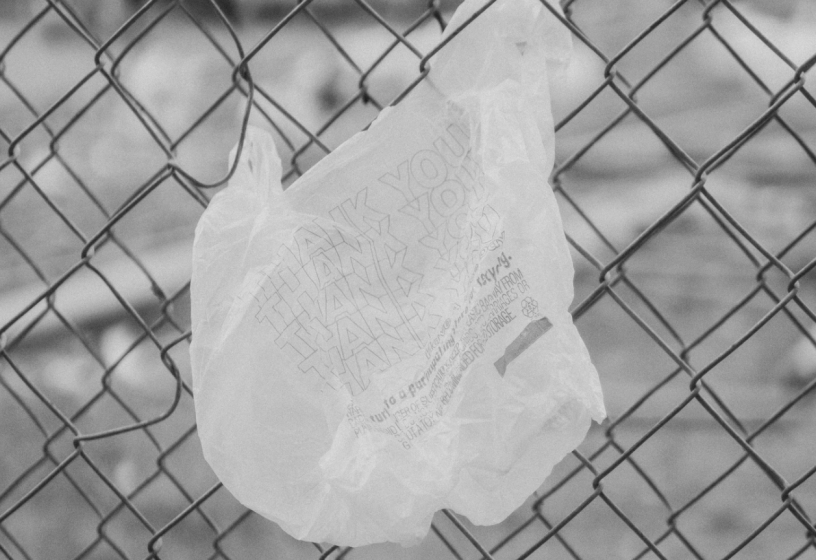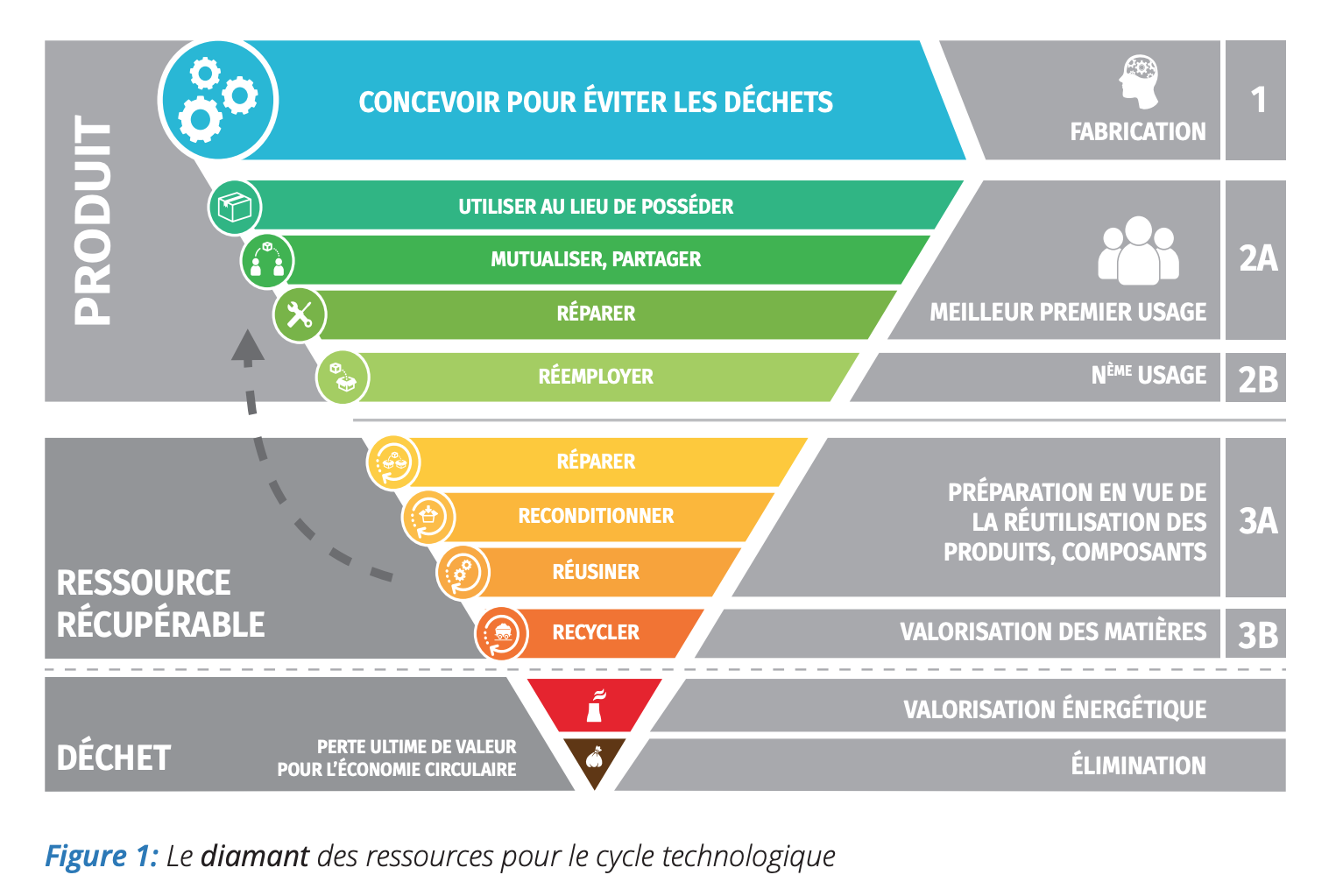A matter of usage...

The 3rd of July 2021 marks the International Plastic Bag Free Day and the entry into force of the EU Directive 2019/904 on single-use plastics. By banning a series of items such as cups, cotton buds, balloons, and straws, Member States aim to reduce the impact of Europeans' consumption on the environment. Such measures are essential, according to NGOs and scientists working on the ground. They are also widely supported by public opinion. While all the lights appear to be green for a transition in our production and consumption patterns, a question remains: how do we make this happen in practice?
In the Grand Duchy, many companies have already committed to eliminating and replacing single-use plastics from everyday work life by the end of 2020 through IMS Luxembourg's Zero Single-Use Plastic Manifesto. The results today: new habits for around 40,000 employees and 150.5 tonnes of waste avoided each year. Water bottles and fountains, stainless steel cutlery, porcelain cups and crockery, ecoboxes, reusable cups, etc., all offer alternatives for more sustainable work routine.
In this "plastic hunt", it is essential to emphasise that beyond the plastic material, it is the notion of single-use products and the relationship with the ultra-jetable that must be reconsidered in our daily lives. After all, it is hardly possible to imagine how beaches and oceans filled with cardboard cups, wooden cutlery, aluminum balloons, or bamboo straws would be a real and satisfactory positive change for the environment. Not to mention the financial and environmental costs of producing, transporting, and recycling single-use products, which quickly become higher than those of products based on repeated use after only a few uses. Did you know, for example, that after only seven uses, the environmental impact of a reusable cup is lower than that of a disposable plastic cup? There is no comparison between a single-use plate and our traditional plates used on average 2,500 times...

Strategy for a circular economy, Luxembourg February 2021.
From a circular and genuine sustainable development perspective, today's real challenge is to move from single-use to repeated use. Several legislative frameworks reinforce this dynamic with, for instance, the new action plan for the circular economy (A9-0008/2021) adopted by the European Parliament in February 2021 and the national strategy "Null Offall Lëtzebuerg" approved on 15 July 2020 by the Council of Government of the Grand Duchy. Let us note that education and awareness-raising on resource management and recycling are also crucial to achieving the objectives set by Europe and the United Nations.
Promotion of reuse, new recycling objectives, extended producer responsibility, mutualisation, donations, etc. The ways to continue moving towards greater sustainability regarding resource and waste management are in full swing. With its new REUSE project launched in the first quarter of 2021, IMS Luxembourg intends to continue to put the subject of multiple-use on companies' agenda and thus play a part in the transition. The project offers, for example, to the member companies of the IMS network, working groups on industrial packaging, coordinated negotiations upstream with suppliers, workshops for sharing good practices, and in-depth monitoring work to identify sustainable products and services available to companies in Luxembourg and its surroundings.
For more informations, don't hesitate to contact Laura Mullenders, Manager of the REUSE project.





